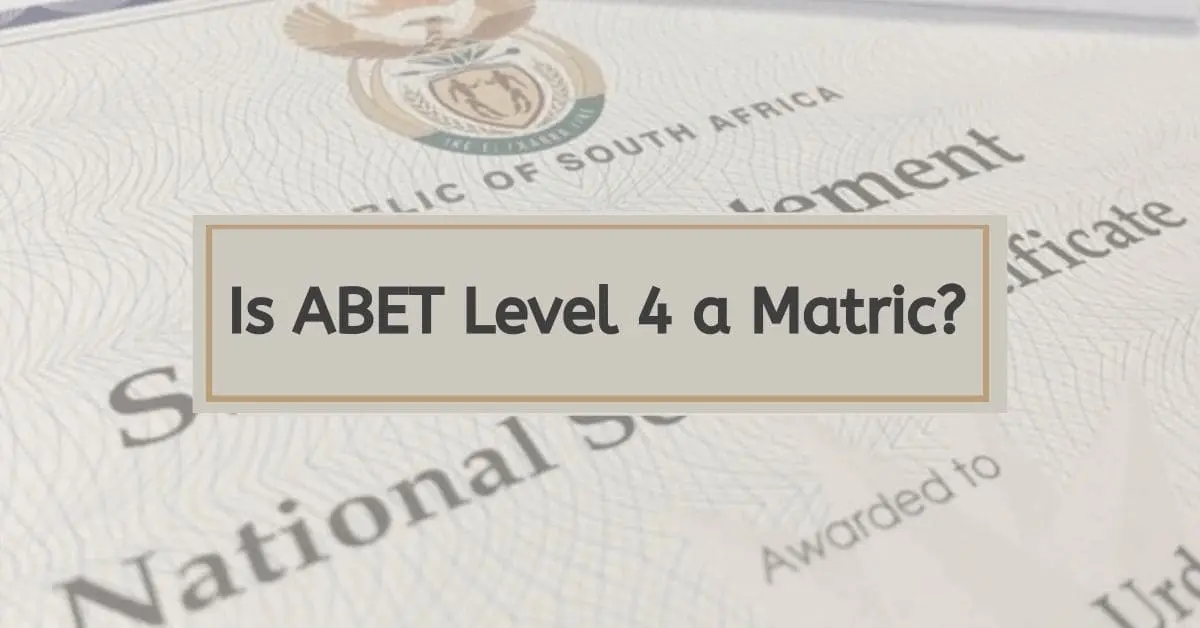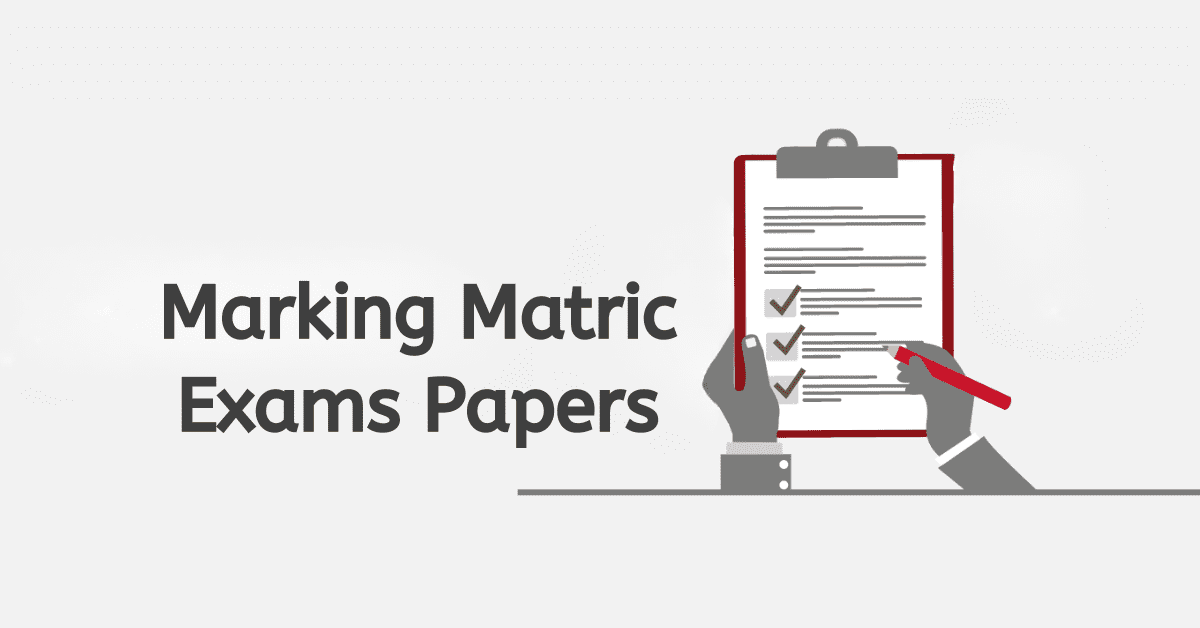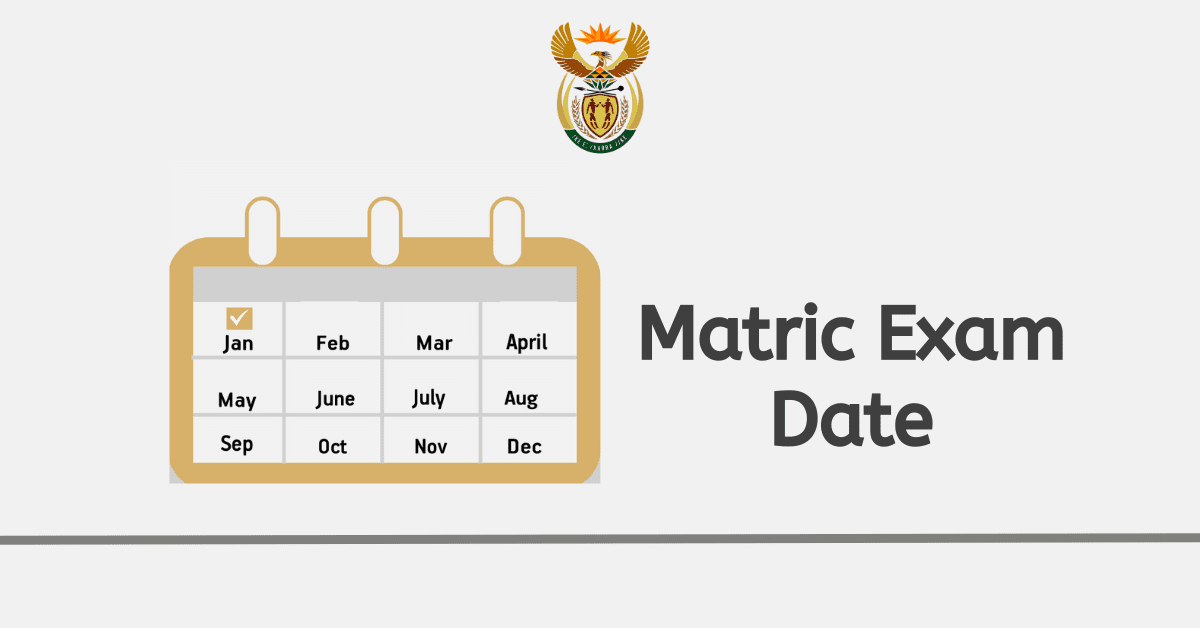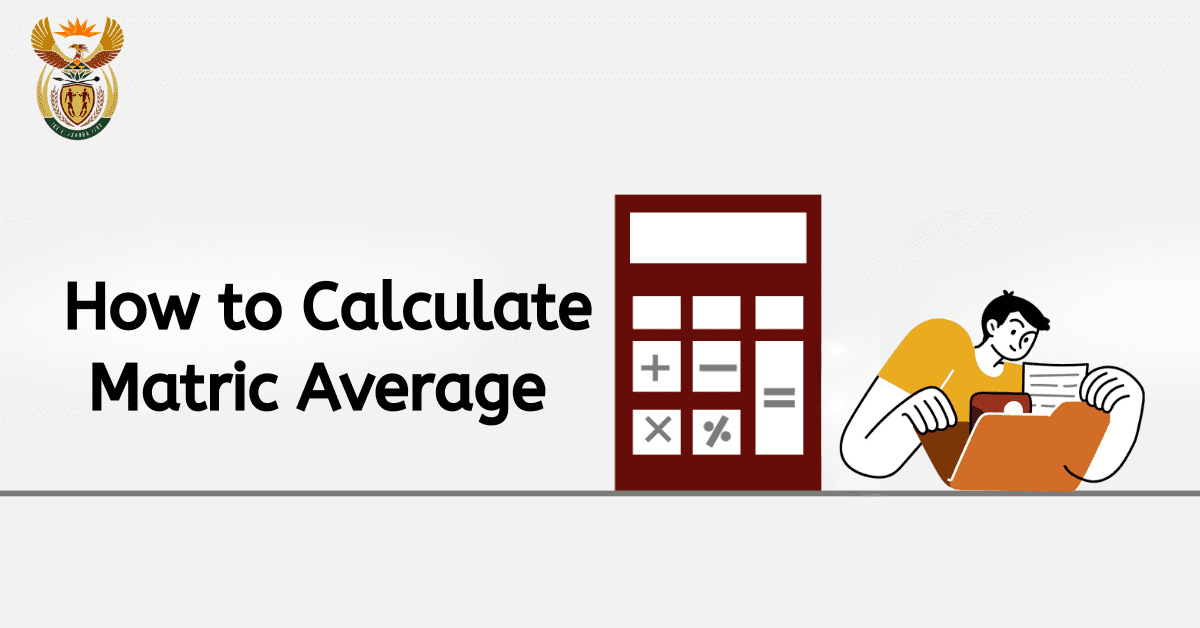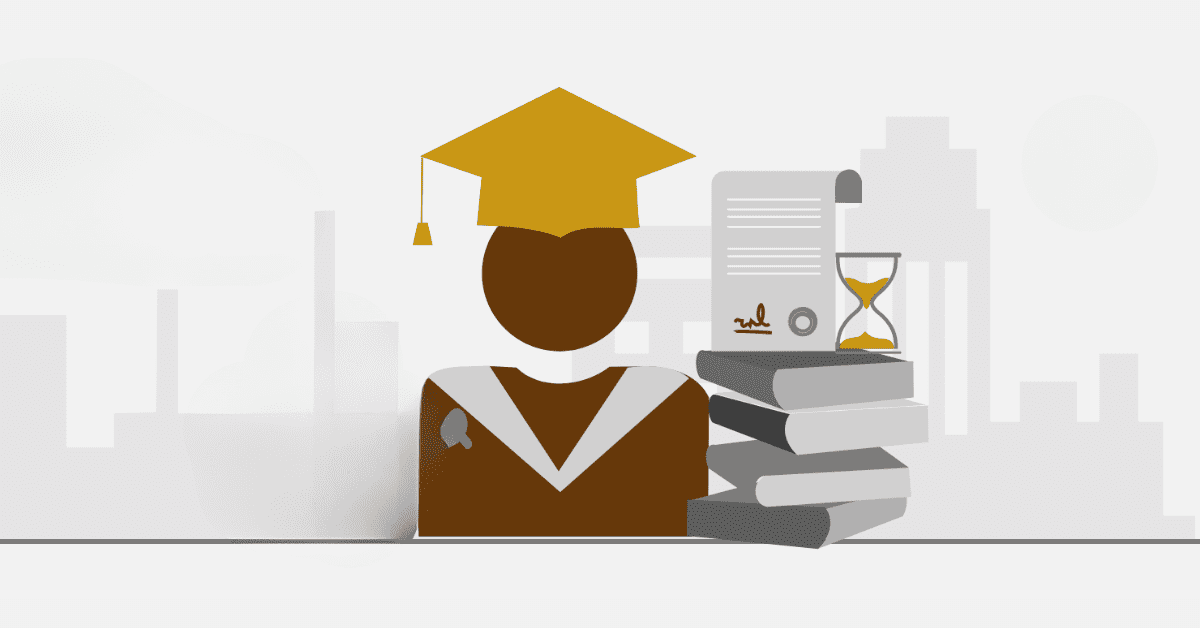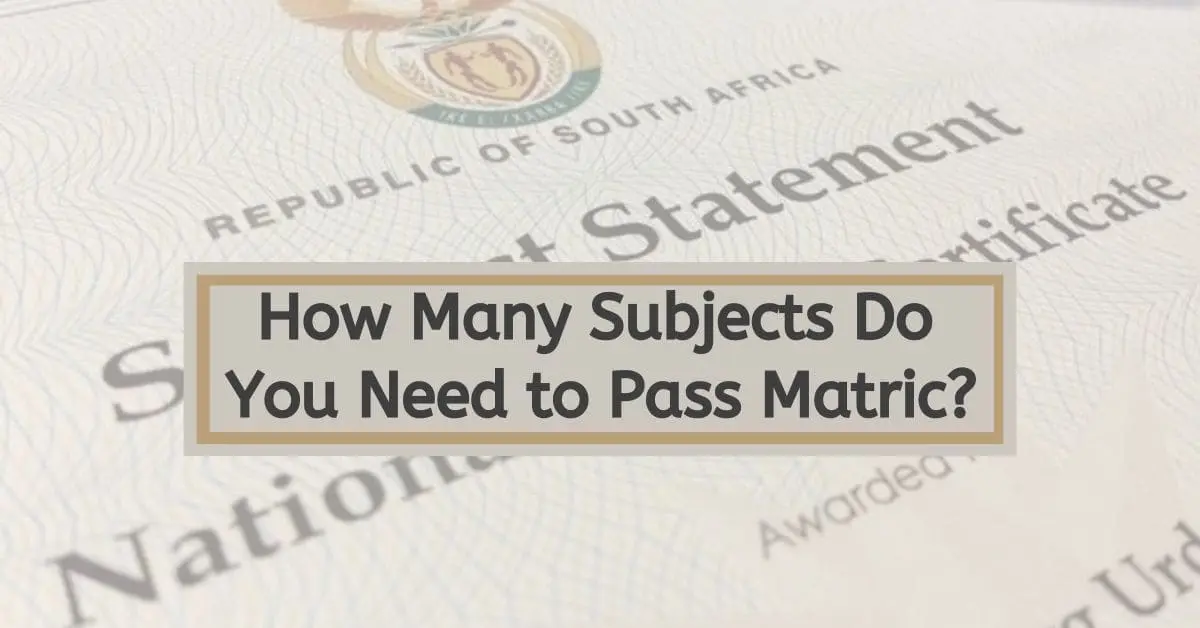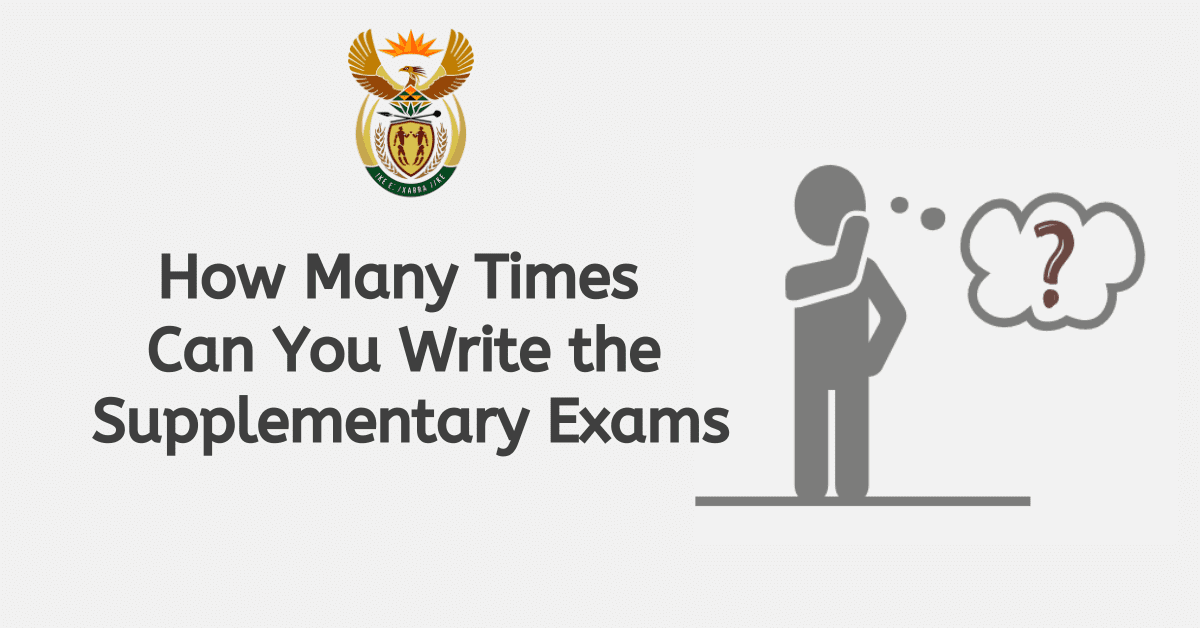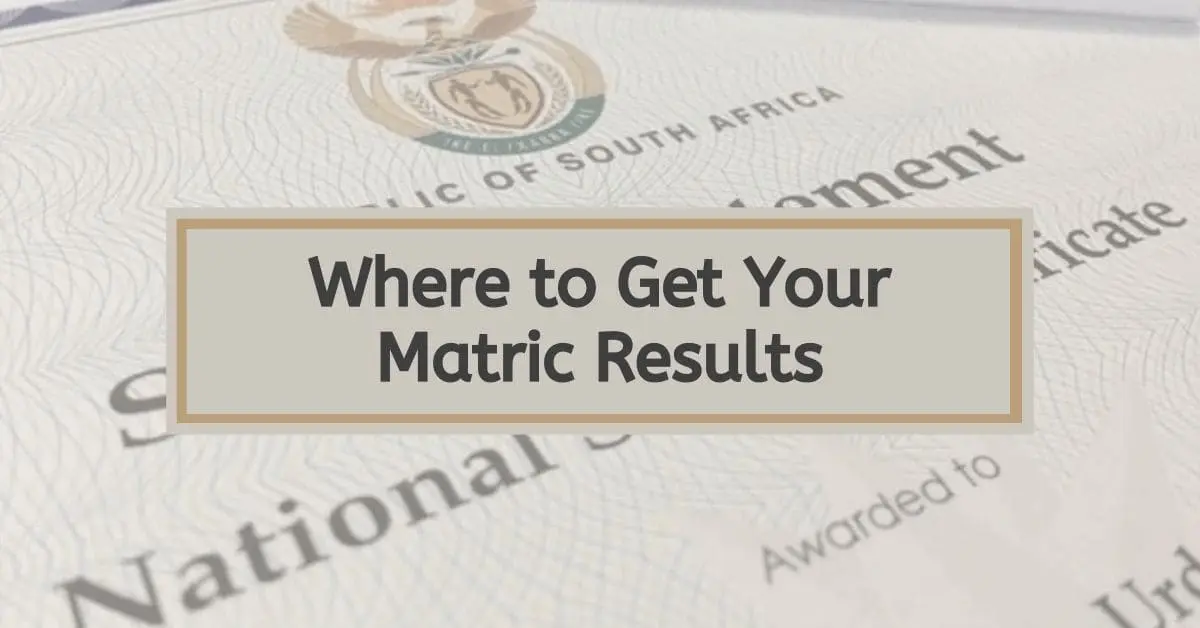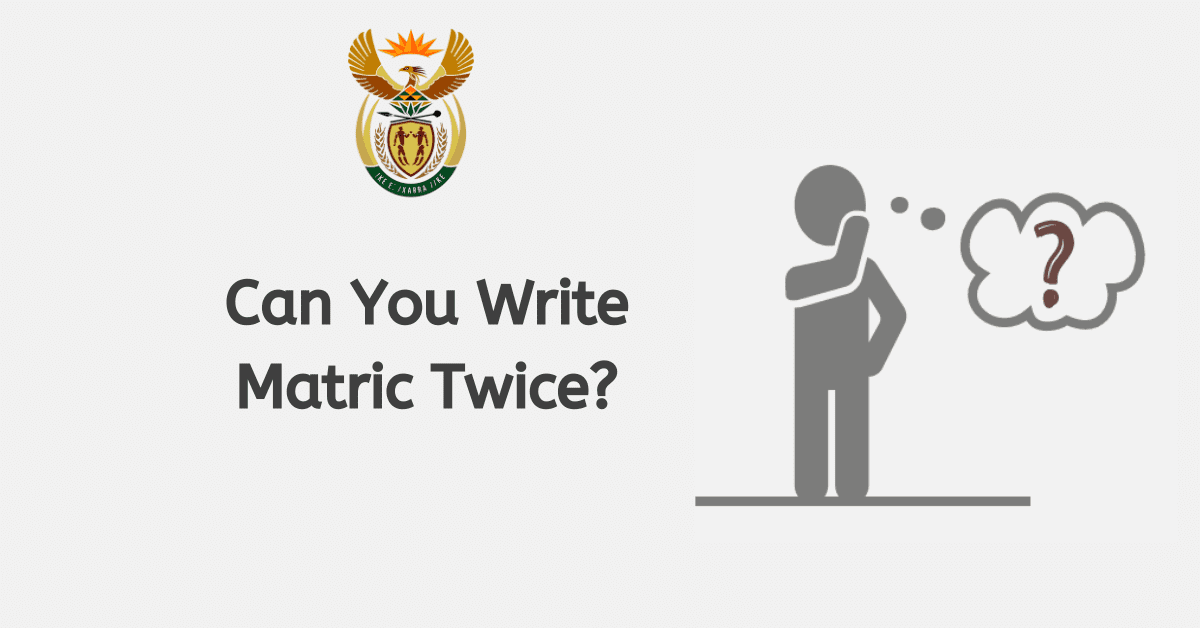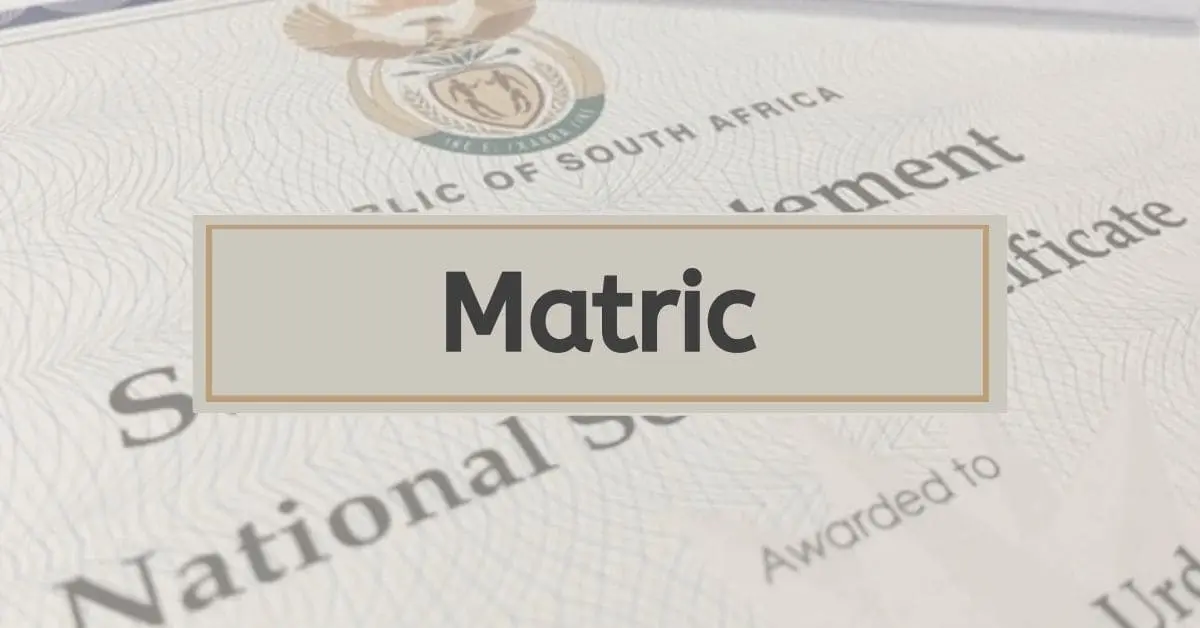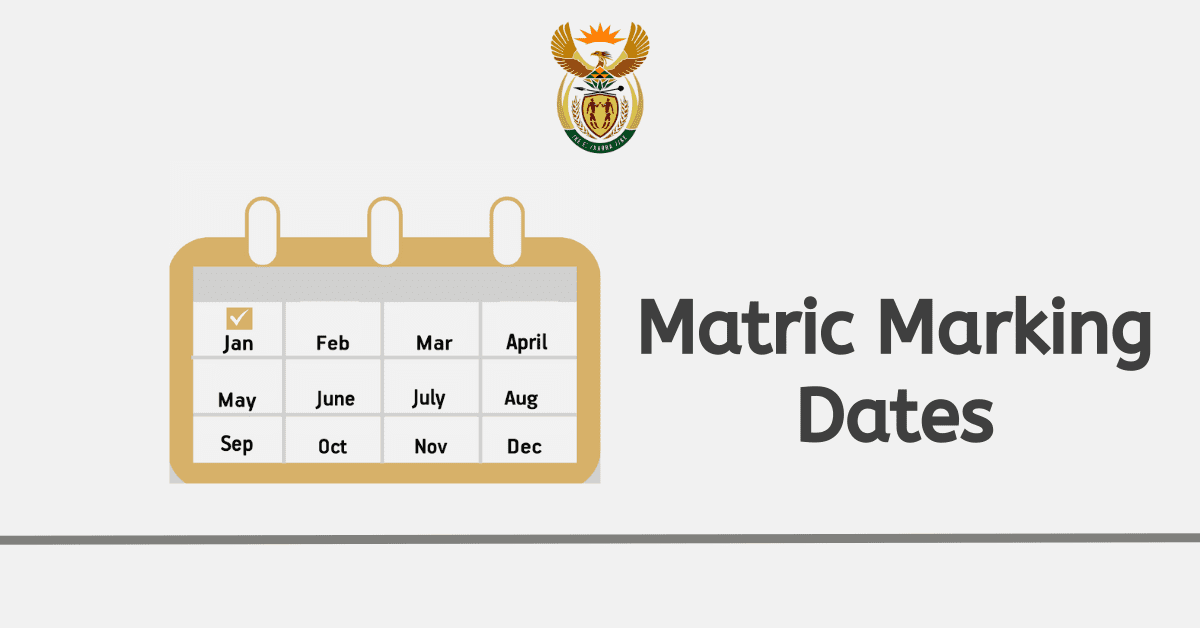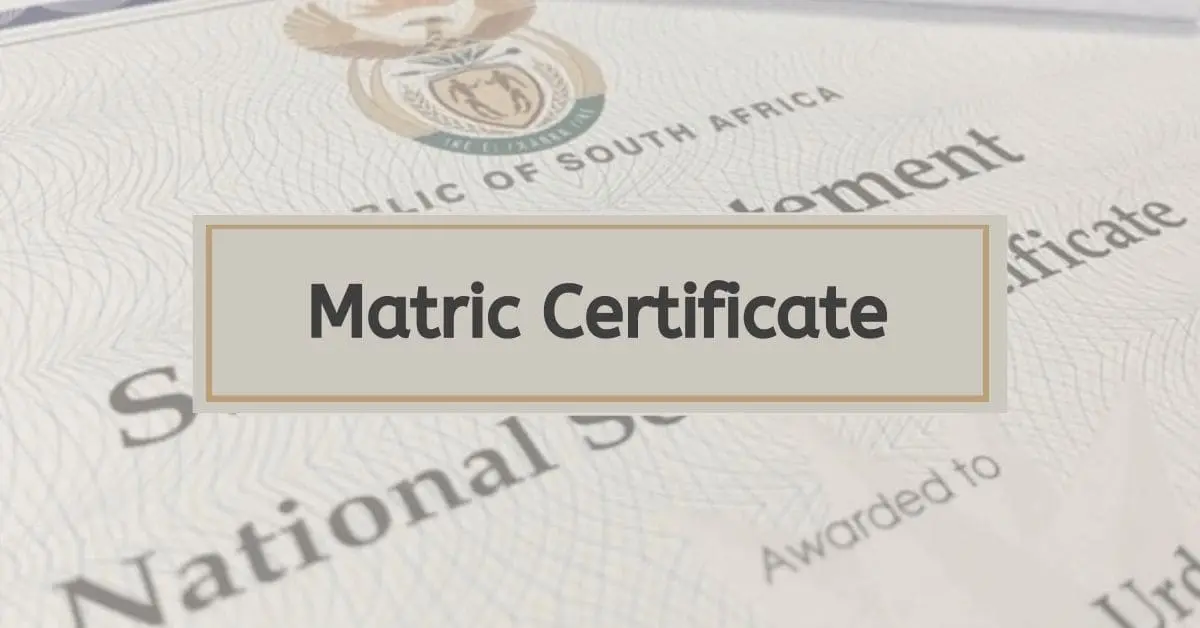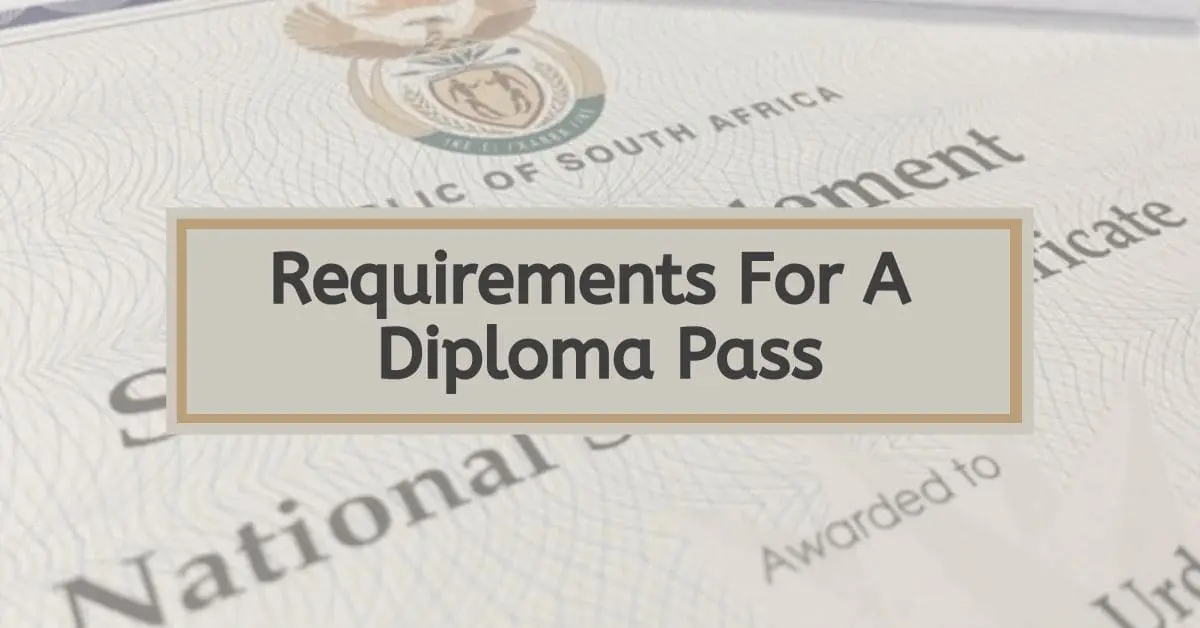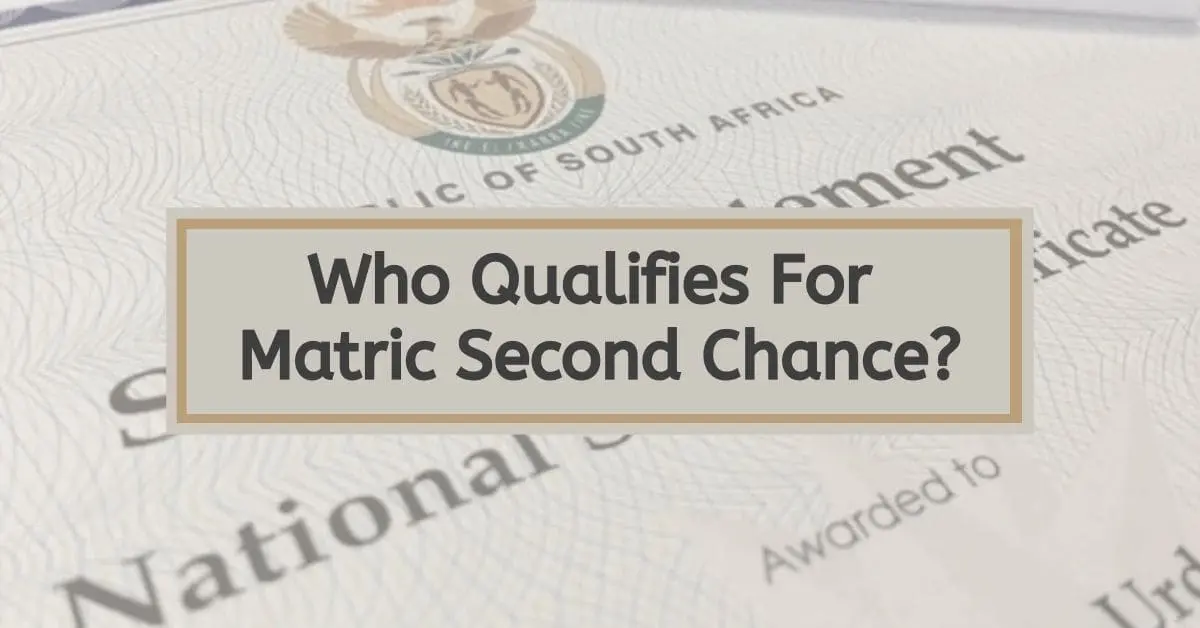Did you know that the NSC, or National Senior Certificate, isn’t the only kind of school-leaving qualification in South Africa? Many learners also participated in the Independent Examinations Board (IEB) curriculum, which offers an alternate path to a school-leaving certification equivalent to Matric in all functional ways. Today, we look at the differences between the two curriculums and what they offer.
What Is The Difference Between The IEB And NSC?
In South Africa, the education landscape offers two major high school qualifications: the IEB and the NSC. Each has its own curriculum, evaluation system, and characteristics, although the end result is very similar- a school leaving certificate that opens tertiary education doors and career opportunities. However, they do have their differences. Let’s take a look.
What Is The IEB?
The Independent Examinations Board, or IEB is a private examination body in South Africa. It was established in 1989 as an alternative to the government-administered National Senior Certificate (NSC) examinations. The IEB is known for its rigorous academic standards and is used by many private and some public schools in South Africa.
What Is The IEB Curriculum?
The IEB curriculum covers a wide range of subjects and is hoped to provide a holistic approach to education. It includes subjects in the humanities, sciences, mathematics, and languages. IEB examinations are known for their comprehensive assessment of students’ knowledge and skills. IEB schools often include practical components and continuous assessment alongside traditional examinations, at a higher weight than in the NSC, where the final examination accounts for 75% of marks.
What Is The IEB Equivalent To?
The IEB is completely equivalent to the NSC in South Africa. Universities and colleges recognize the IEB qualification on an equal footing with the NSC. SO finishing Grade 12 in the IED system means you have gained your ‘Matric’, just from a different examination body.
What Is An NSC?
NSC is the shorthand for the National Senior Certificate. This is the government-administered high school qualification in South Africa or your classic ‘Matric’. Examinations are conducted by the Department of Basic Education.
What Is The NSC Curriculum?
As with the IEB, the NSC curriculum is intended to be comprehensive and covers a wide range of subjects, including mathematics, languages, sciences, and humanities. The curriculum is developed and overseen by the Department of Basic Education. The majority of public schools in South Africa use the NSC system.
Which is easier: IEB or NSC?
Whether you will best thrive in the IEB or NSC system is very subjective, and will vary between learners. Both qualifications have rigorous academic standards and challenging assessments. The IEB is generally seen as more vigorous academically-speaking, focusing on skills like problem-solving, critical thinking, and applying your knowledge well. The NSC is seen as broader, covering more subjects but at a base level. The IEB offers continual assessment, which is great for people who don’t ‘test well’, while the NSC mostly focuses on examination-style grading.
How difficult you find either will depend on your individual strengths, preferences, and the quality of education you are receiving at your school.
Are IEB And NSC Internationally Recognised?
Both the IEB and NSC are internationally recognized qualifications. Many universities and colleges around the world accept students with either qualification for admission to their undergraduate programs. However, remember that the overall quality of South African education is not always seen as high internationally. Do your research on specific entry requirements for the institutions you are interested in, as some may have additional criteria or biases to address.
How Should I Decide Between IEB And NSC?
Most learners will have the choice between IEB and NSC made for them, depending on the schools their parents or guardians choose for them. Once you are used to one school system, changing tracks might be tough, so it is a decision best made as you enter high school rather than later.
As well as the affiliation of the schools you want to attend, consider aspects like your educational goals, learning style, and how well the school performs with its current and past Matric students to make this decision. Additionally, make sure the subjects you need for your future tertiary education are on offer under the curriculum you choose.
Which Curriculum is Best in South Africa?
Surprisingly, these aren’t the only viable curriculums on offer in South Africa! You will also find schools offering the British-based GCSE system and others. There’s no one right answer here. Both the IEB and NSC are reputable qualifications that can lead to higher education and career opportunities. The choice should align with the student’s strengths, preferences, and aspirations, as well as where they want to study in the future. A candidate keen to enter a British university, for instance, may benefit from having a standard British qualification like the GCSE. A candidate who panics with traditional examinations may benefit from the lower weight these have in the IEB curriculum. And so on.
Ultimately, what matters most is the effort and dedication you put into your studies, regardless of the high school curriculum you use to get you there. Remember, finishing school is a major milestone, but it’s only the beginning of your adult life and career!
